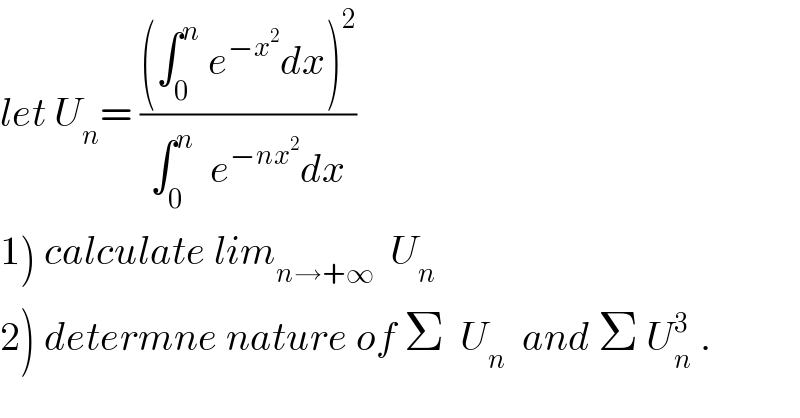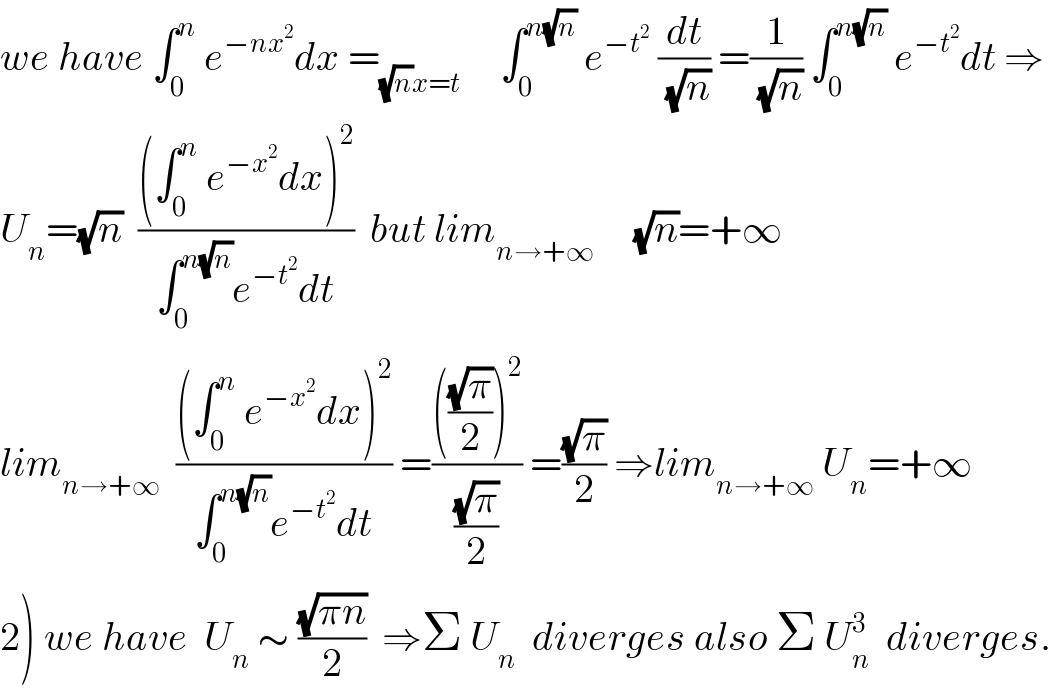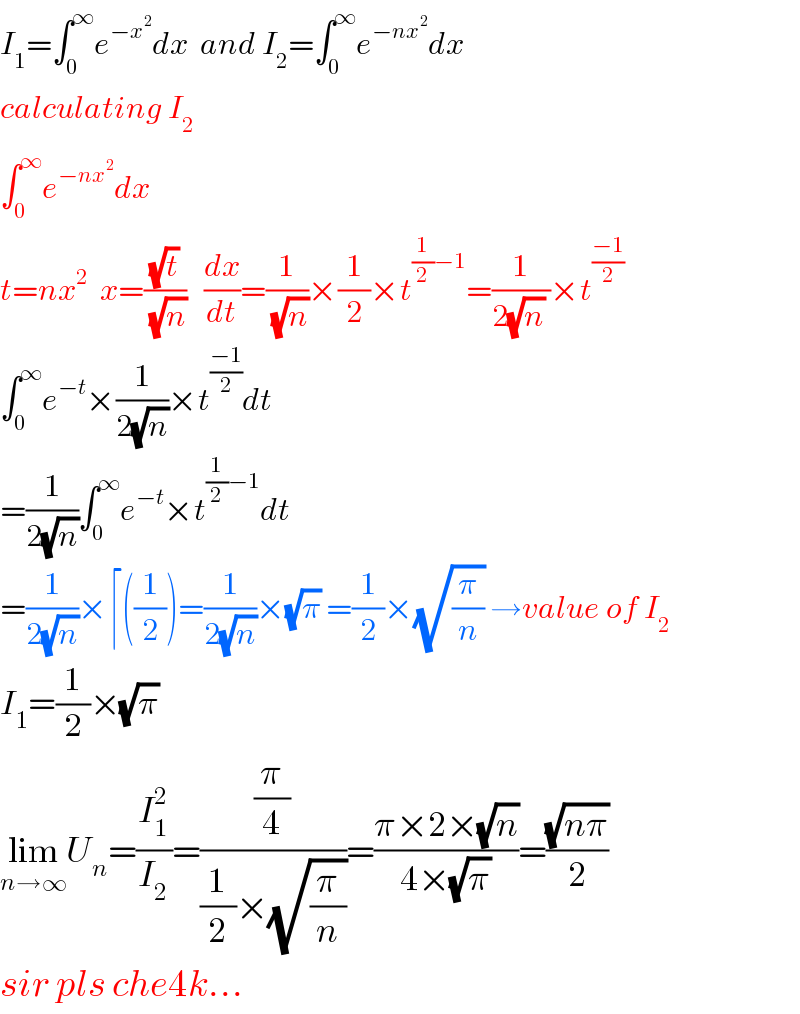
Question and Answers Forum
Question Number 53464 by maxmathsup by imad last updated on 22/Jan/19

Commented by maxmathsup by imad last updated on 24/Jan/19

Answered by tanmay.chaudhury50@gmail.com last updated on 22/Jan/19

| ||
Question and Answers Forum | ||
Question Number 53464 by maxmathsup by imad last updated on 22/Jan/19 | ||
 | ||
Commented by maxmathsup by imad last updated on 24/Jan/19 | ||
 | ||
Answered by tanmay.chaudhury50@gmail.com last updated on 22/Jan/19 | ||
 | ||
| ||